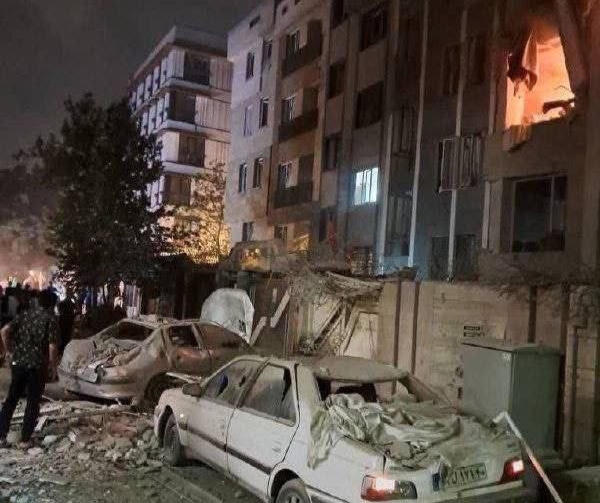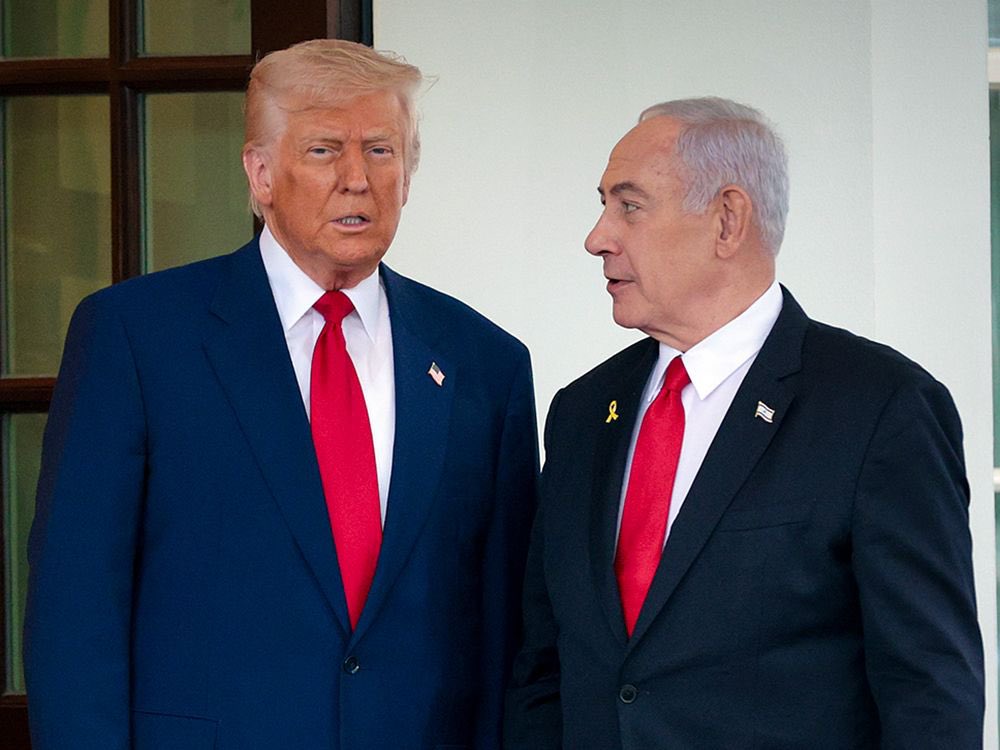By The Sampadak Express
In a major escalation in the Middle East, Israel launched Operation ‘Rising Lion’, carrying out a series of strikes targeting Iran’s nuclear and military infrastructure. The offensive comes amid rising tensions over Iran’s nuclear ambitions and follows the International Atomic Energy Agency’s (IAEA) censure of Tehran its first in two decades.

Here are the 10 key developments:
1. Israeli Strikes Leave 50 Injured in Iran
Israeli airstrikes on Friday left at least 50 people injured in Tehran, according to Iranian state TV. Among the injured are 35 women and children who were admitted to Chamran Hospital. No fatalities have been officially reported so far.
2. Trump Says He Had Advance Knowledge of Israeli Offensive
Former US President Donald Trump confirmed in an interview with Fox News that he was aware in advance of Israel’s plans to strike Iran. Trump emphasized, “Iran cannot have a nuclear bomb, and we are hoping to get back to the negotiating table.” He added that certain Iranian leaders may not return to power amid the crisis. Trump also revealed that Washington had notified at least one key Middle Eastern ally but reiterated that the US was not directly involved in the military operation.
3. Iran’s Revolutionary Guard Chief Reportedly Killed
According to AFP and Iran’s Tasnim News Agency, Major General Hossein Salami, commander of the Islamic Revolutionary Guard Corps (IRGC), was killed in the Israeli strike targeting the IRGC headquarters. In addition, Israeli forces reported that Iran’s military chief Mohammad Bagheri, several senior military officials, and nuclear scientists were also killed in the initial wave of attacks.
4. Netanyahu: Operation Will Continue Until Threat Neutralized
Israeli Prime Minister Benjamin Netanyahu addressed the nation, calling the strikes “a targeted military operation to roll back the Iranian threat to Israel’s very survival.” Netanyahu stated that operations would continue “for as many days as it takes” to eliminate the threat.
5. Iran’s Supreme Leader Vows ‘Severe Punishment’
In a strongly worded statement, Iran’s Supreme Leader Ayatollah Ali Khamenei warned Israel of “severe punishment” for what he called a “crime” committed against Iran’s sovereignty. “With this crime, the Zionist regime has set itself up for a bitter and painful fate,” Khamenei declared.
6. Israel Declares State of Emergency Amid Fears of Retaliation
Israeli Defence Minister Israel Katz warned of potential Iranian retaliation, including missile and drone attacks. Katz announced a state of emergency and urged Israeli citizens to follow home front command instructions and remain in protected areas.
7. US Denies Direct Involvement but Cautions Iran
US Secretary Rubio clarified that Israel acted independently and that the US was not involved in the strikes. However, he warned Iran against targeting US interests or personnel in the region. “Our top priority is protecting American forces,” Rubio emphasized, adding that Washington remains in close coordination with regional partners.

8. Air India Diverts Flights as Airspace Closes
Air India announced the rescheduling and diversion of several international flights following the closure of Iranian airspace. The airline assured passengers of full refunds or complimentary rescheduling. “We regret the inconvenience caused due to this unforeseen disruption,” the airline said in a statement.
9. Israel Targets Nuclear and Military Sites
An anonymous senior Israeli military official confirmed that strikes targeted Iranian nuclear and military sites. Israel’s concerns center around Iran’s alleged secret development of nuclear weapons, its ballistic missile arsenal, and its support for proxy groups such as Hezbollah and Hamas.
10. Trump Seen Socialising Amid Tehran Strikes
While explosions rocked Tehran, Trump was seen hosting Congressional members on the White House lawn. Despite continuing public engagements, it remains unclear when he was officially briefed on the situation. Earlier that day, Trump had stated that while an Israeli strike was not imminent, it remained a strong possibility. The US also initiated precautionary measures, including the evacuation of diplomatic personnel from Baghdad and offering evacuation options for American military families across the Middle East.



